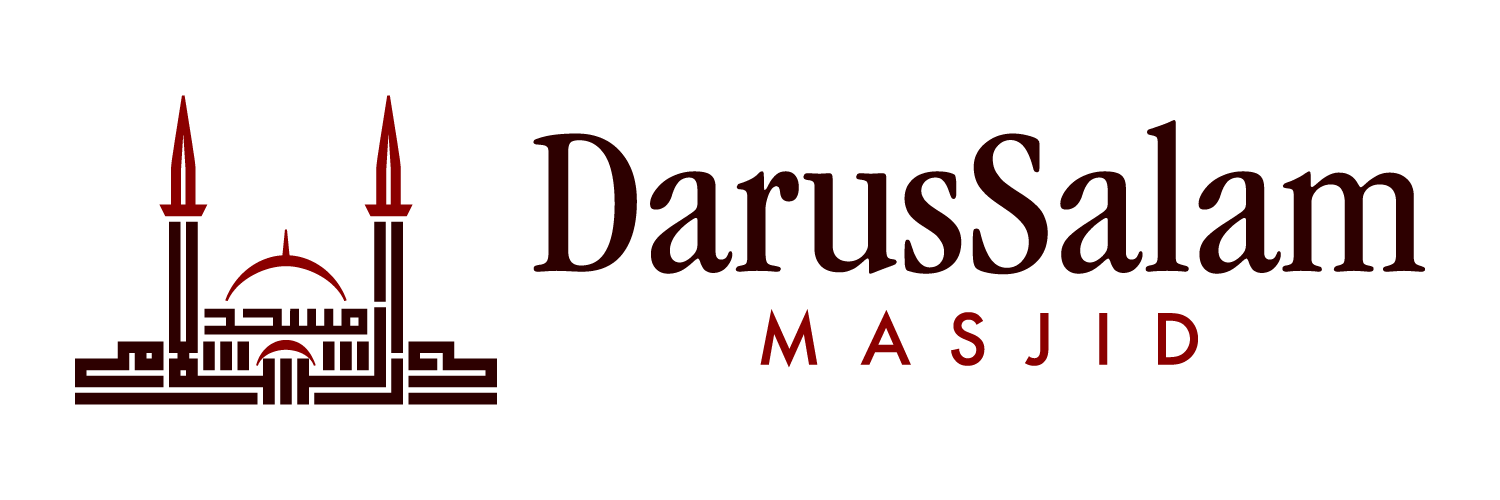Defining the Nomenclature “Muʿḍal” in Ḥadīth Terminology
By Mln. Saad Hussain (Takmīl Graduate, 2019)
While studying and perusing in the ḥadīth sciences one will come across various terminologies. One term that occurs in the discourse of ḥadīth nomenclature is “muʿḍal.” Herein, we shall expound on this term’s technical meaning.
Abū Bakr al-Khaṭīb al-Baghdādī defined it. He said:
وَأَمَّا مَا رَوَاهُ تَابِعُ التَّابِعِيِّ عَنِ النَّبِيِّ صَلَّى اللَّهُ عَلَيْهِ وَسَلَّمَّ فَيُسَمُّونَهُ الْمُعْضَلَ، وَهُوَ أَخْفَضُ مَرْتَبَةً مِنَ الْمُرْسَلِ
“Regarding that which a Successor relates directly from the Prophet (upon him be peace), they termed this ‘muʿḍal.’ It is one level below ‘mursal.’”[1]
Ibn al-Ṣalāḥ pointed out that this type of ḥadīth is a specific type of ḥadīth munqatiʿ. Every muʿḍal report is munqatiʿ, however not every munqatiʿ report is muʿḍal. He then indicated to its definition by considering the number of narrators who are absent from the ḥadīth’s chain. He said:
وَهُوَ عِبَارَةٌ عَمَّا سَقَطَ مِنْ إِسْنَادِهِ اثْنَانِ فَصَاعِدًا
“This is a term used when two or more narrators are absent in a ḥadīth’s chain.”[2]
Dhahabī expressed this in the same words as did Ibn Ḥajar, who also added a qualification.[3] He said:
إِنْ كَانَ بِاثْنَيْنِ فَصَاعِداً، مَعَ التَّوَالِي، فَهُوَ الْمُعْضَلُ
“If there is an interruption in the chain of two or more narrators consecutively, then it is muʿḍal.”[4]
Suyūṭī defined the muʿḍal likewise, including this qualification as did Sakhāwī, who elaborated on the qualification.[5] He explained that if one narrator would be absent from the ḥadīth’s chain and then another in a different place, but the interruption does not consist of one narrator immediately after another missing, then it is not “muʿḍal.”[6]
Ibn al-Ṣalāḥ presented examples for this type of ḥadīth.[7] From them are:
– That which a Successor (ar. tābiʿ al-tābiʿī) narrated directly from the Prophet (upon him be peace). Likewise, that which someone who belongs to a later generation narrates this way without mentioning the chain of authorities between him and the source of the narration.
– When a scholar narrates by saying: “balaghanī.” For example, when Imām Mālik used this wording to relate on Abū Hurayrah’s authority: “li al-mamlūk ṭaʿāmuhu wa kiswatuhu.”
– When a Follower (ar. tābiʿ) narrates from a Follower a narration that stops there. Yet, that does come in another chain via a Companion (ar. ṣaḥābī) as a ḥadīth musnad. For instance, Aʿmash related from Shaʿbī. And Aʿmash narrated the following as a ḥadīth muʿḍal: “It will be said to a man on the Day of Judgement: ‘You did such-and-such.’ And he will say: ‘I did not.’ Then, a seal will be placed over his mouth…” And while Aʿmash narrated it this way, Shaʿbī transmitted it from Anas directly from the Prophet (upon him be peace) as a ḥadīth musnad. In this instance, Aʿmash would have omitted two from the chain. Accordingly, the definition of muʿḍal would apply to what Aʿmash narrated here as Aʿmash omitted both Shaʿbī, a Follower like himself, and the Companion.
– Ibn al-Ṣalāḥ explained that when the authors of books mention a narration from the Prophet (upon him be peace) without a chain, it is a type of muʿḍal. However, Ibn Ḥajar mentioned another term “muʿallaq” and then discussed the difference between it and the muʿḍal.
They are similar in that both have two or more consecutive narrators from the chain of transmission omitted. However, the muʿallaq is defined with the following qualification added:
مِنْ تَصَرُّفِ مُصَنِّفٍ مِنْ مَبَادِئِ السَّنَدِ
“A convention used by authors where they omit from the beginning of the chain.”[8]
Thus, the two terms are similar when there are two or more consecutive narrators omitted at the beginning of the chain. While the muʿallaq is different in that the number of those omitted at the beginning is not emphasized, the muʿḍal is different in that the omission of narrators does not need to take place at its beginning but can happen anywhere in it so long as it is two or more omitted who are consecutive in their sequential placement in the chain.[9]
In his master’s thesis, ʿAdnān ʿAlī al-Khiḍr related a point that is important to note regarding uninterrupted chains.[10] He indicated that while many scholars employ various terms while describing the dynamics of interrupted chains, the Ḥanafīs mostly use the terms “irsāl” and “inqiṭāʿ” all-inclusively. This can be seen in how Nasafī divided the “mursal.” He divided it into four: (1) that which the Companions related, (2) that which the generation after them related, (3) what a trustworthy authority relates in any generation, and (4) that which is related interrupted in some instances and then with a fully intact chain elsewhere.[11]
Thus, the word “mursal” may be used for some instances where two or more consecutive narrators are absent in a chain. The Ḥanafīs using it this way is mentioned by ʿAdnān ʿAlī al-Khiḍr and inferred from the passage cited from Nasafī.
This is not to negate its usage according to the terminological meaning as defined above. Ibn Niẓām al-Dīn al-Laknawī mentioned muʿḍal and some other terms. He said that they are included under the term mursal, and that the Ḥanafī legal theorists did not include these terms in some of their works because of them being supplementary terminology.[12]
[1] al-Kifāyah fī ʿIlm al-Riwāyah, 21.
[2] Muqaddimah, 59.
[3] Mūqiẓah, 1:40
[4] Nuzhat al-Naẓar, 98, 102.
[5] Tadrīb al-Rāwī, 3:192.
[6] Fatḥ al-Mughīth, 1:199.
[7] Muqaddimah, 59.
[8] Nuzhat al-Naẓar, 98, 102.
[9] Manhaj al-Naqd, 379.
[10] al-Muwāzanah bayna Manhaj al-Ḥanafiyyah wa Manhaj al-Muḥaddithīn fī Qabūl al-Aḥādīth wa Raddihā, 307.
[11] Kashf al-Asrār, 42.
[12] Fawātiḥ al-Raḥamūt, 2:216.


